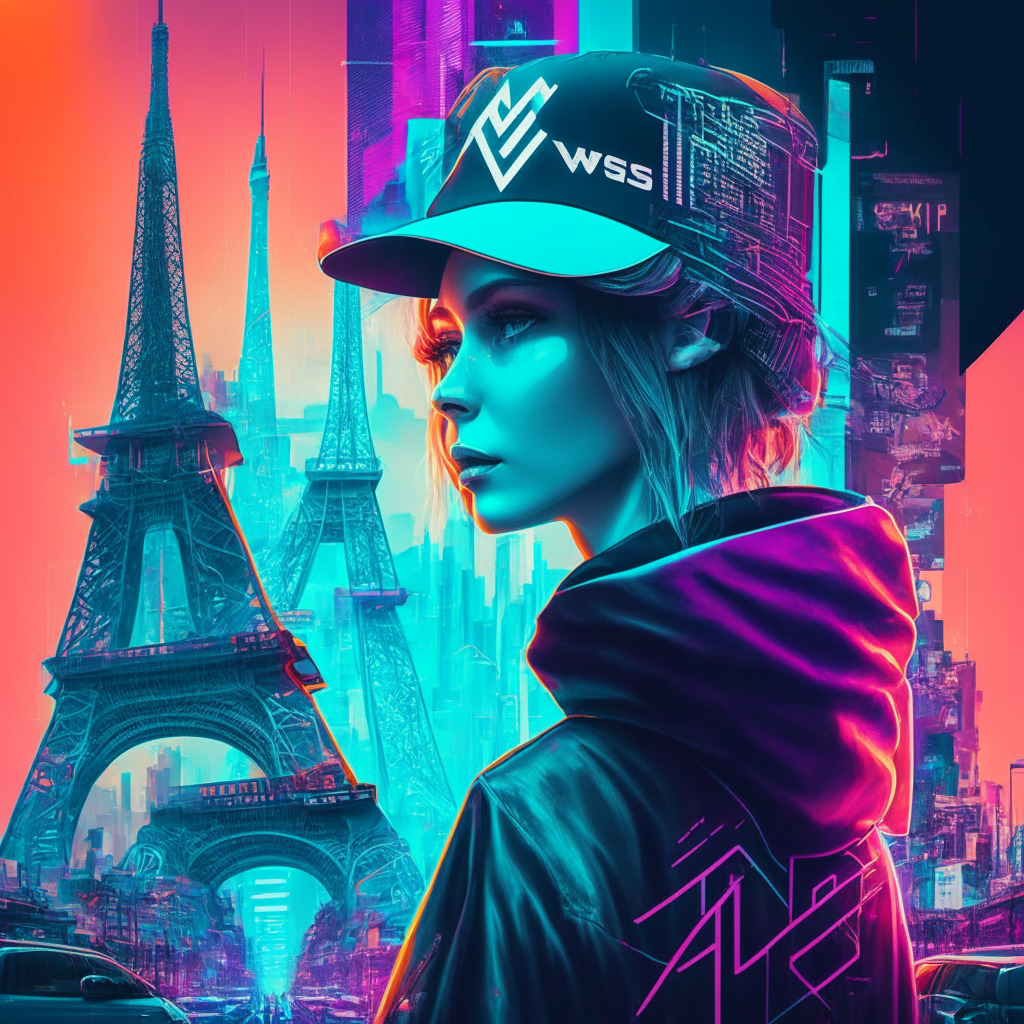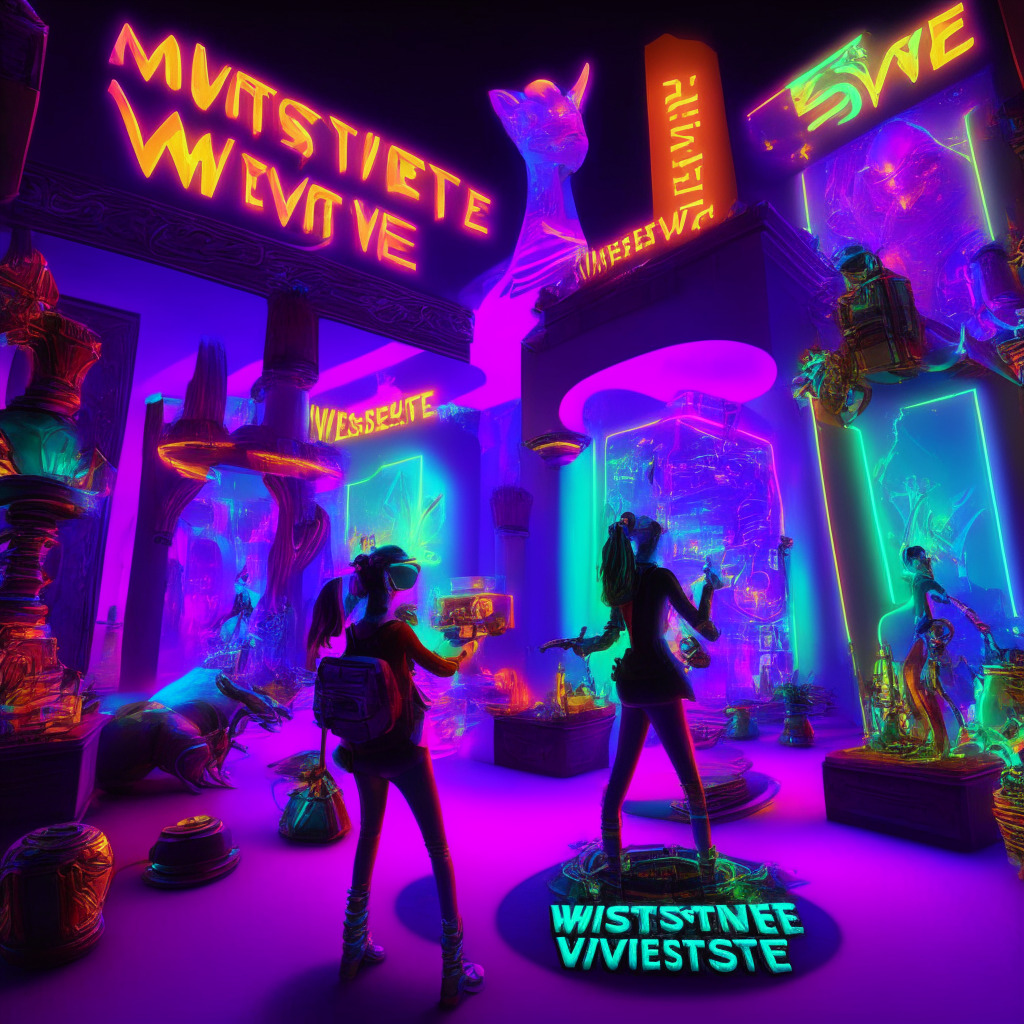Streetwear icon Jeff Staple and enigmatic NFT entrepreneur gmoney recently took the fashion world by storm during Paris Fashion Week. The collaboration between gmoney’s crypto-native luxury house 9dcc and Staple’s token-gated collab lab Stapleverse introduced a groundbreaking feature: NFT-based autographs for Staple’s limited edition 9dcc x Stapleverse baseball caps.
A total of 270 hats was produced, with 200 available for purchase. Each cap is priced at $295 and represented by an NFT, which can be redeemed to claim the physical item. Moreover, if gmoney or Staple are present in person, they can use their phones to sign the NFT, essentially providing a digital autograph connected to the hat. The idea was reportedly implemented just minutes before their interview.
According to gmoney, this autograph system functions like a scavenger hunt and is essentially an advanced Proof of Attendance Protocol (POAP). The digital signatures verify that you’ve met one of the creators. This revolutionary crossover between Web3 technology and the fashion industry showcases the flexibility and rapid development possibilities of blockchain-based projects.
However, Staple recognizes the challenges still faced by the traditional fashion industry in adapting to the crypto scene. He refers to it as a “Titanic of an industry,” because switching to crypto payments, such as ETH, is not happening fast enough. The reliance on financial checks and credit scores for verifying clients adds extra time and complexity to transactions, instead of the swift and secure process enabled by cryptocurrencies.
The shift towards a crypto-enabled fashion world may be slow, with regulatory politics the main roadblock. Gmoney estimates at least 10 years before the fashion industry truly catches up. Recent events, such as the SEC suing every major crypto company, followed by traditional banking institutions like BlackRock and Deutsche Bank entering the space, only add to the skepticism.
Despite the cynicism surrounding the financial world’s resistance to mainstream crypto adoption, both gmoney and Staple are adamant about their commitment to Web3 technology. They view blockchain as an essential element for community engagement and see themselves continuing to create digital versions of their physical products.
As for the potential threat of AI, both collaborators remain unperturbed. Gmoney believes it won’t take everyone’s jobs, as long as people know how to utilize it. Staple sees it as merely a new medium and emphasizes the human touch—capturing that “je ne sais quoi”—as the essential element that AI cannot replicate in their craft. The innovative fusion of NFTs, fashion, and autographs revealed during Paris Fashion Week speaks volumes about the untapped potential for the future of blockchain in various industries.
Source: Decrypt




